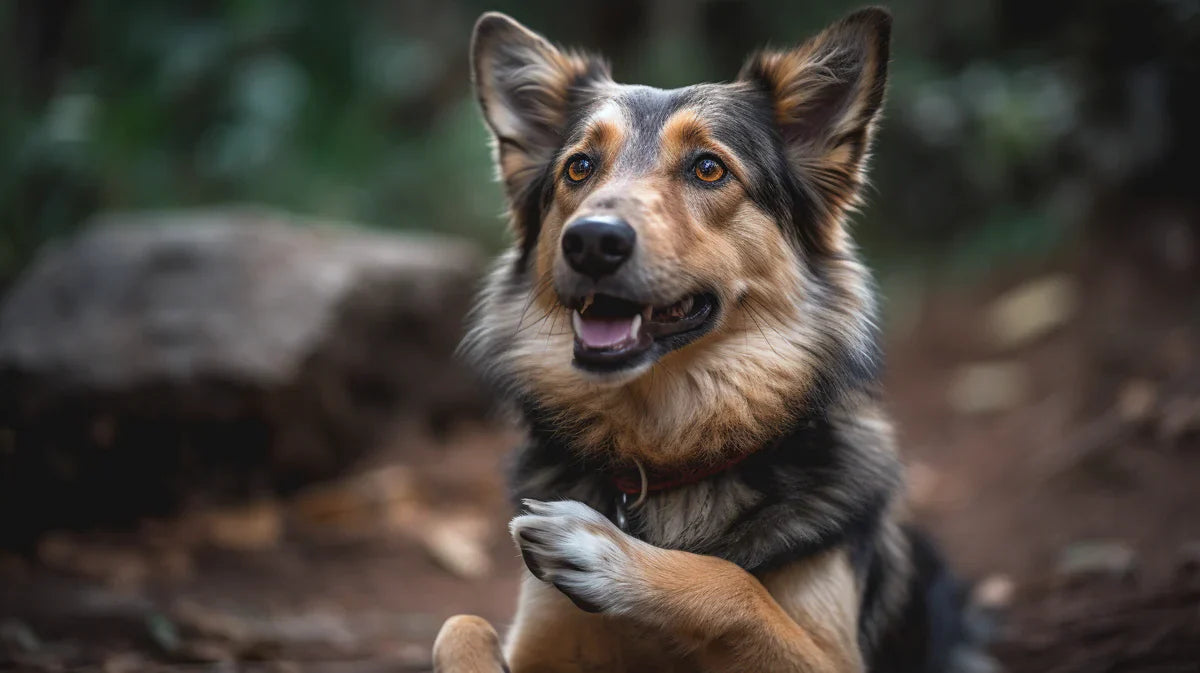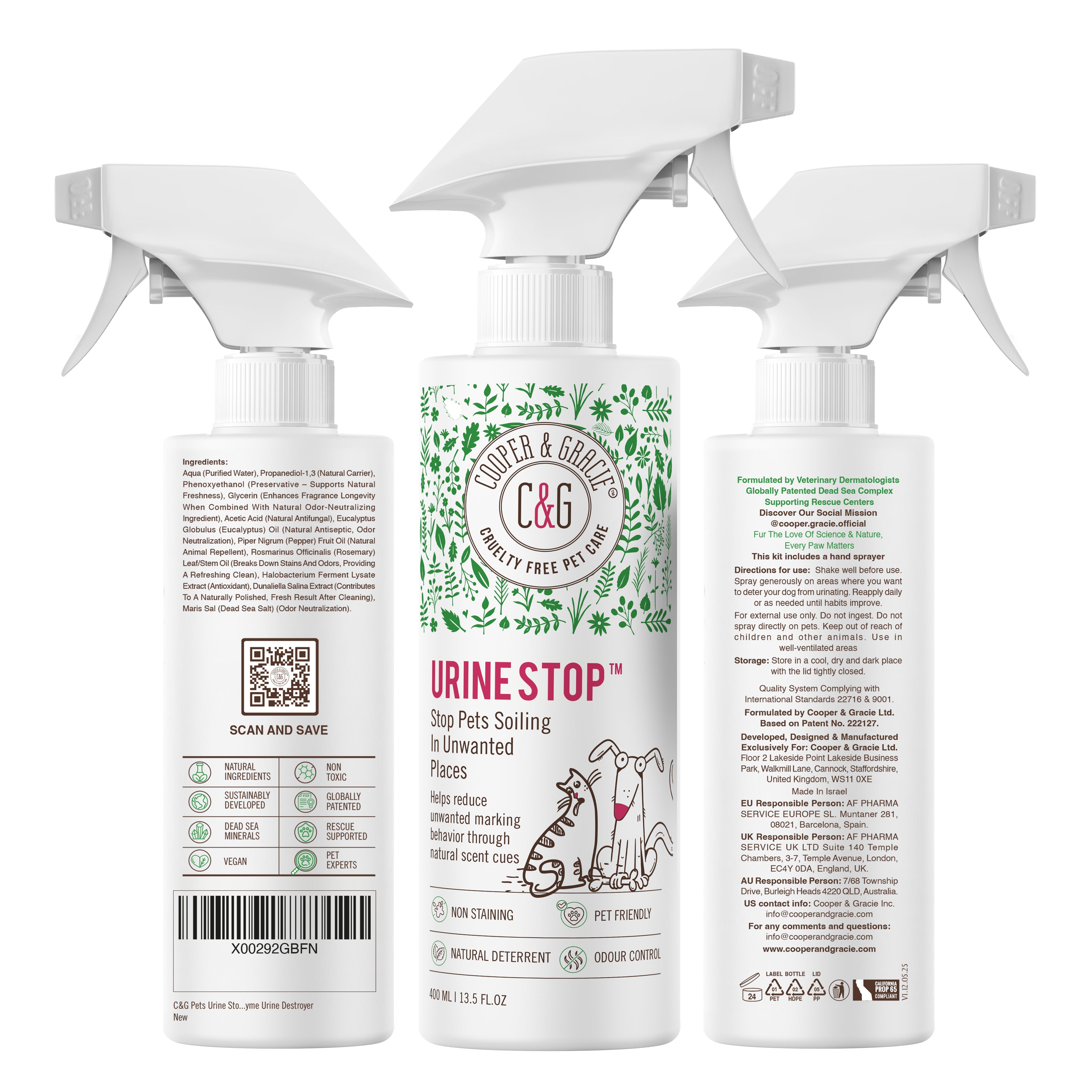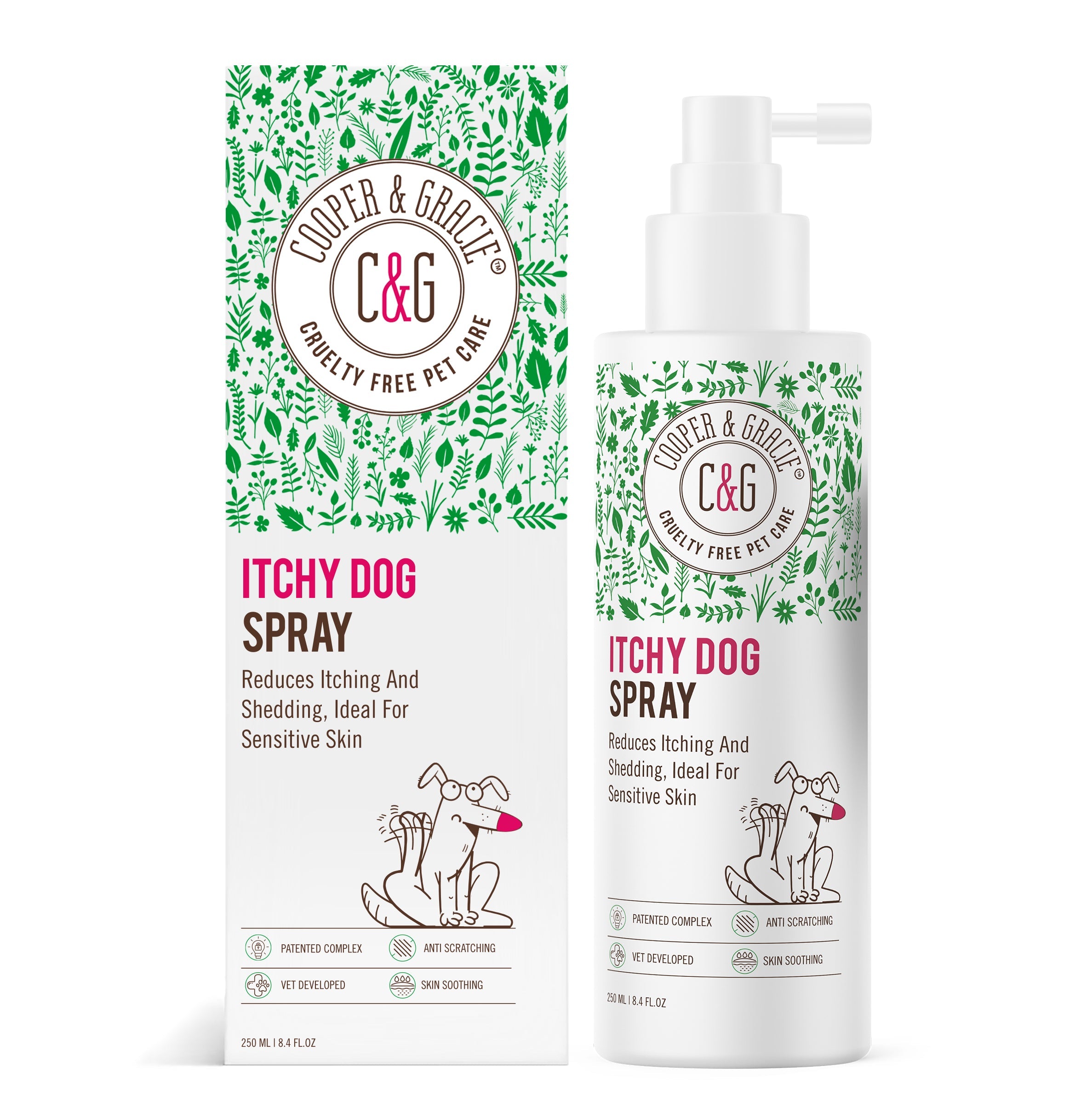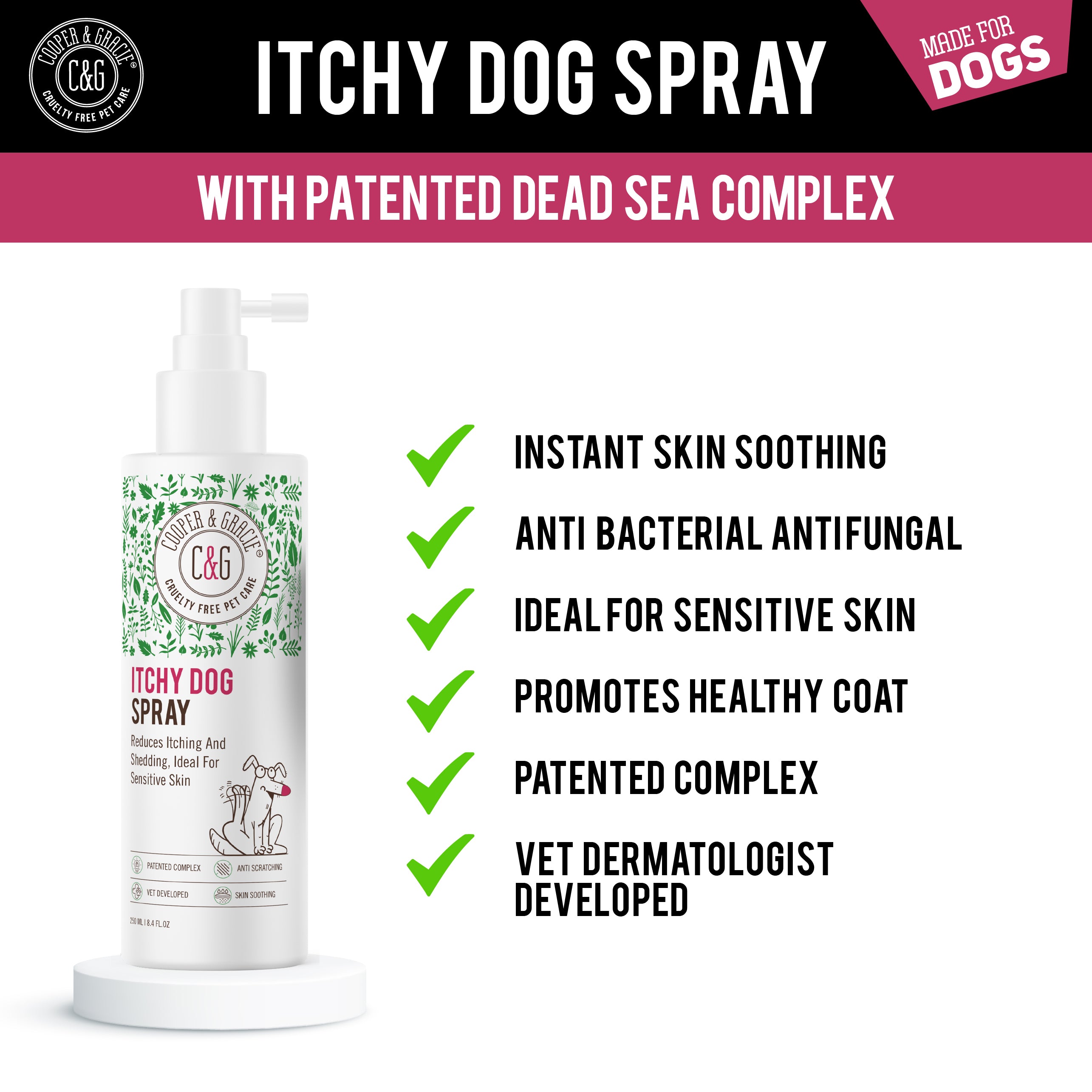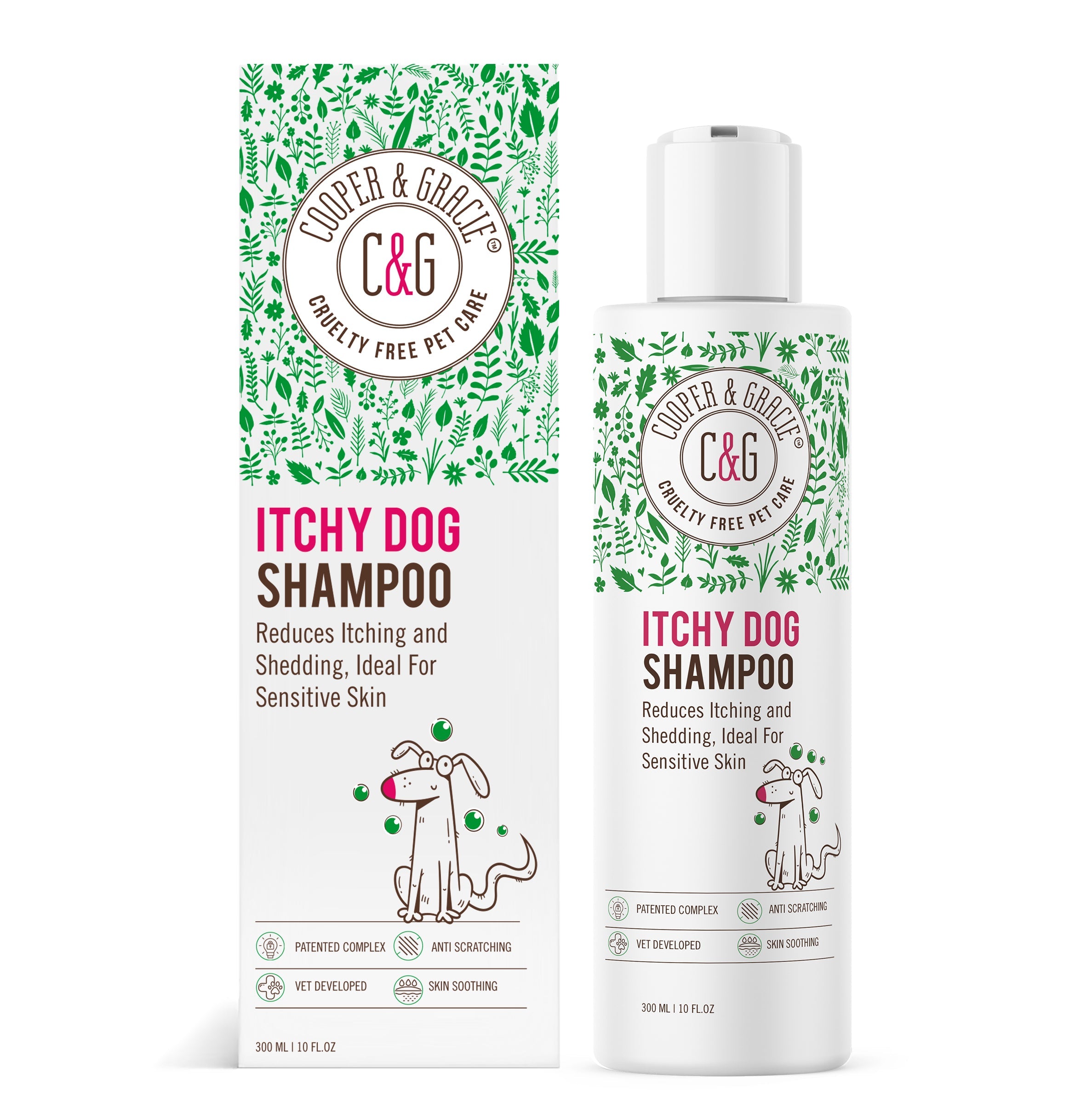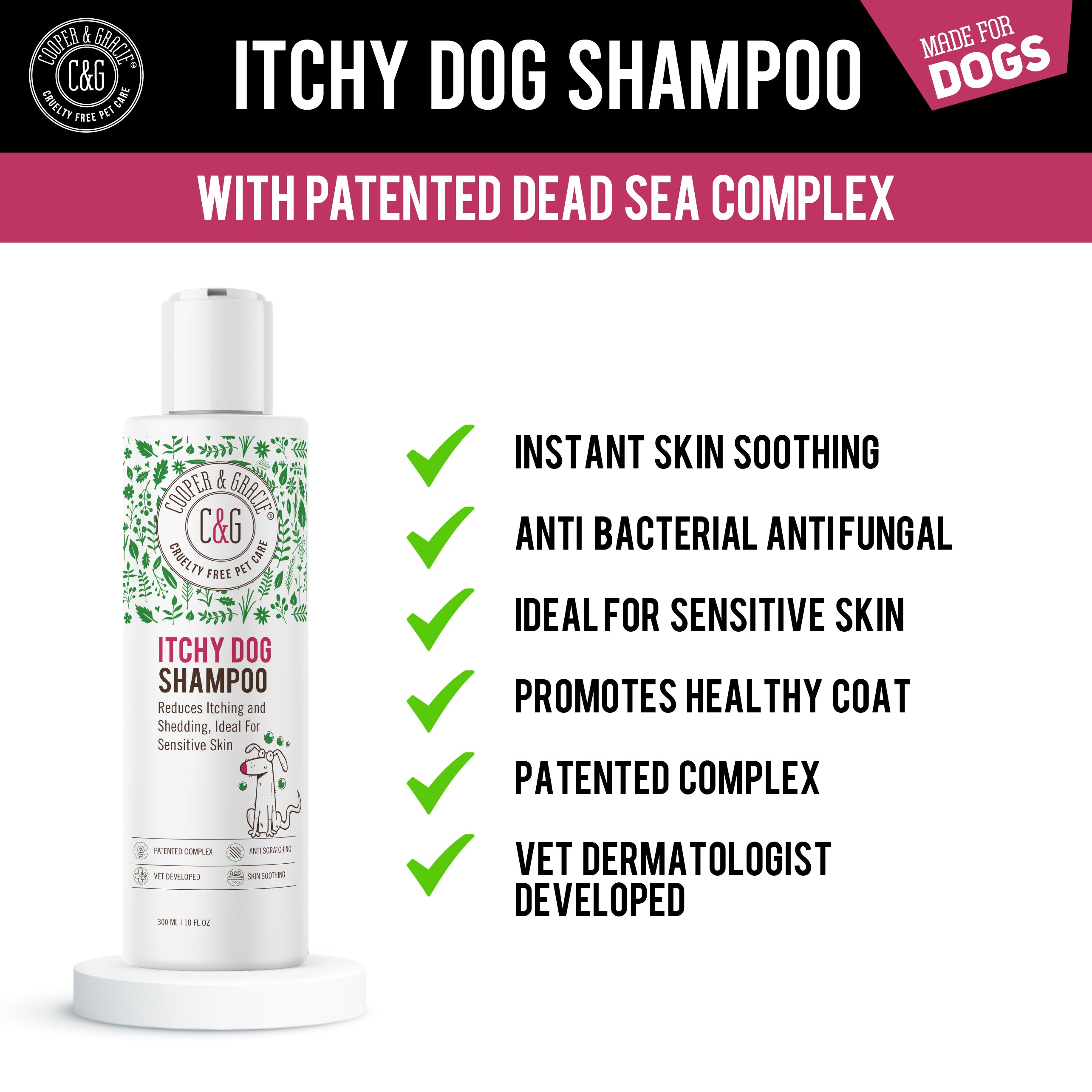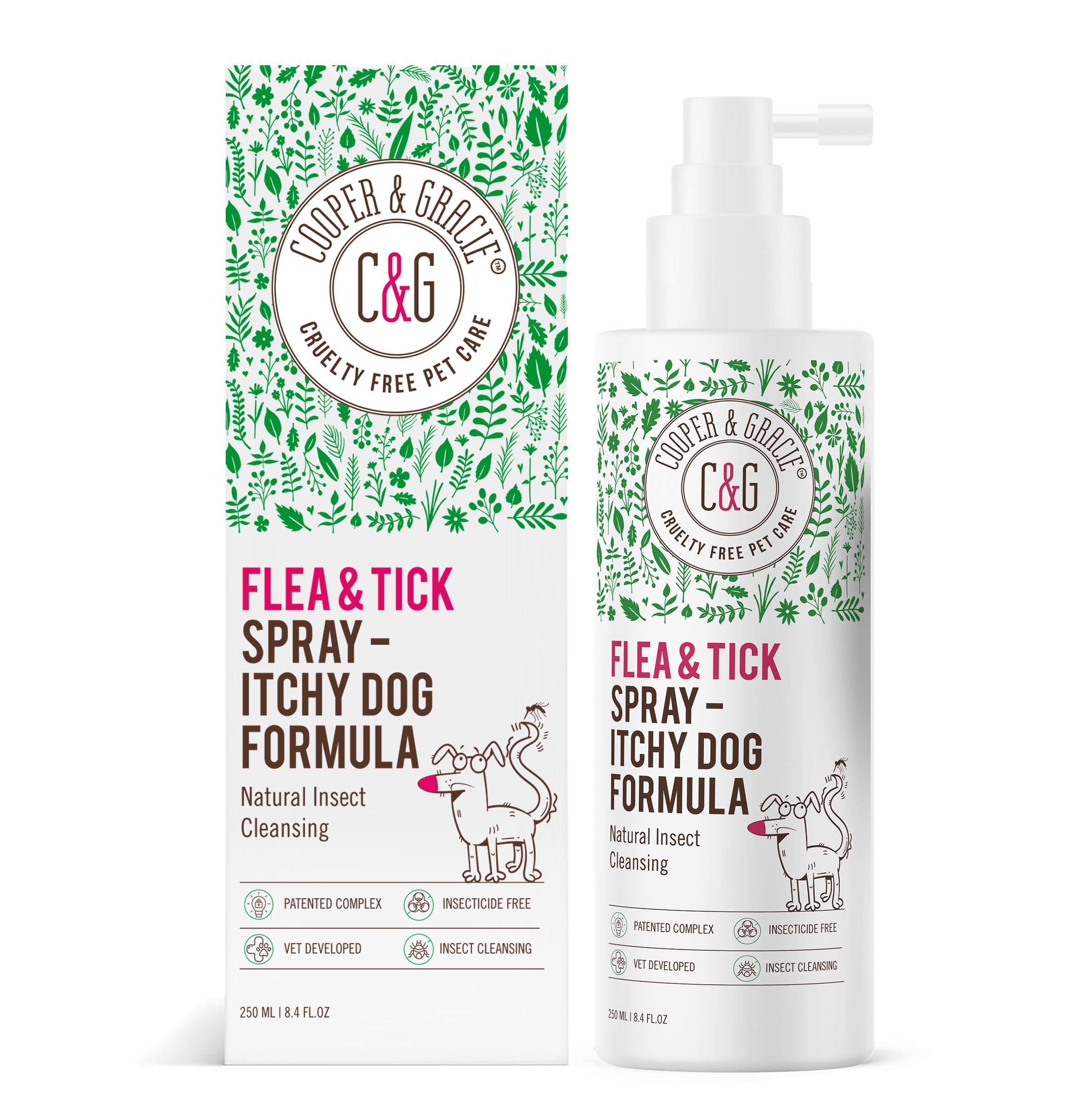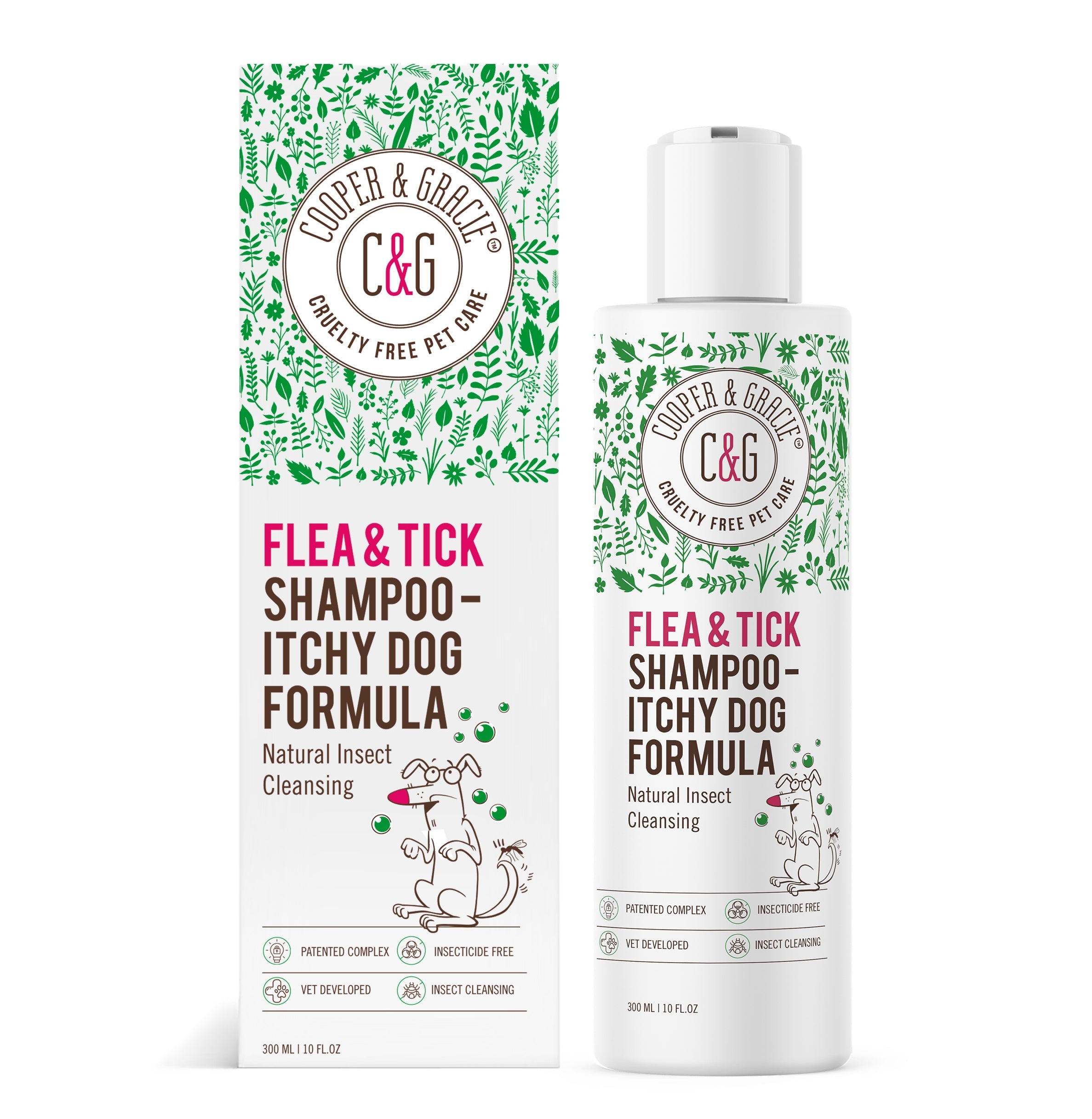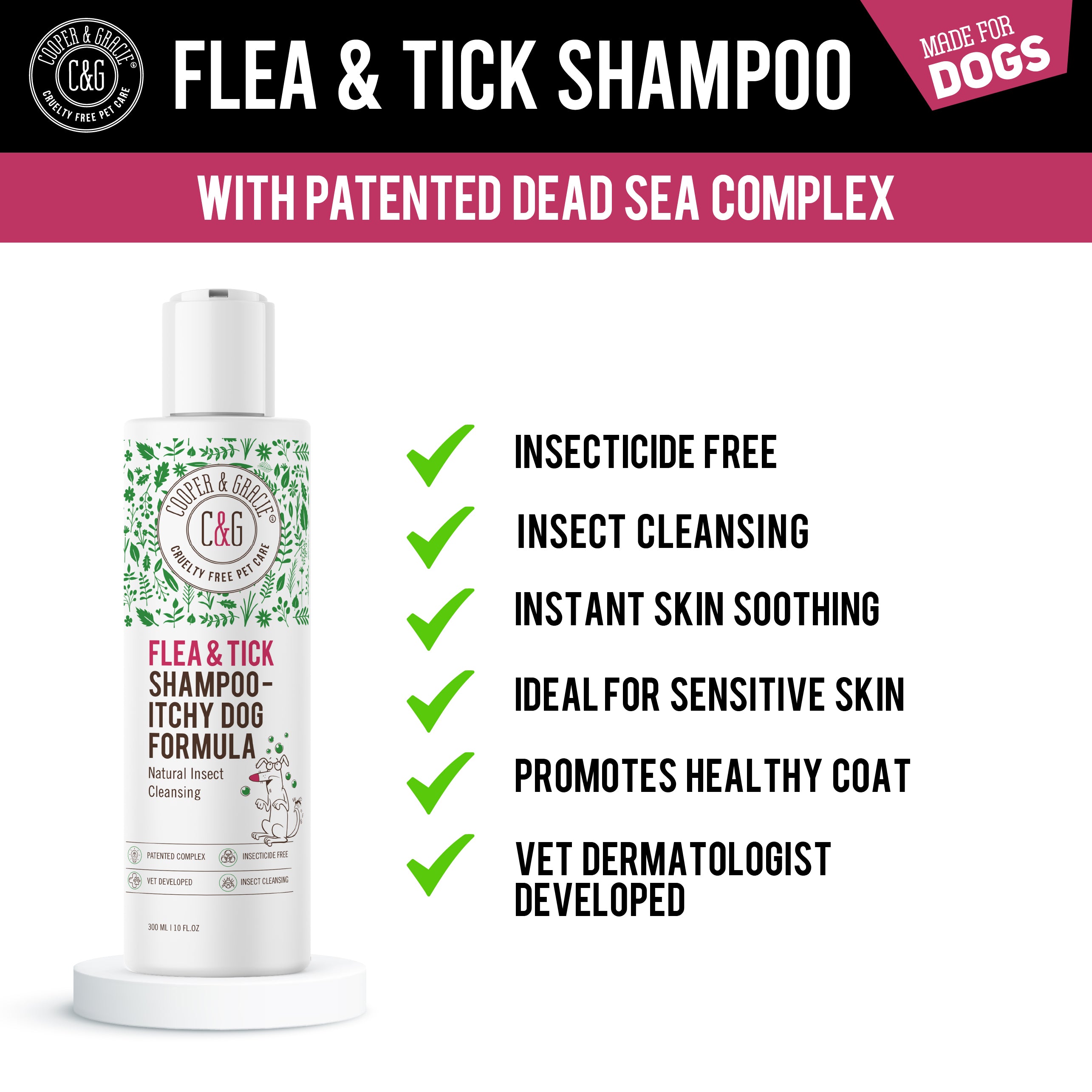Understanding why your female dog might be biting her paws requires diving into a complex world of canine behaviour, potential health issues, and environmental factors. From allergies to stress, or even boredom, the reasons can vary widely, each demanding a unique approach to resolution. This article aims to guide concerned pet owners through the possible causes, preventive measures, and treatments for this common yet perplexing issue.
Common Causes of Paw Biting
Paw biting can be a sign of various underlying issues. It's essential to observe when and how often your dog engages in this behaviour to determine the cause accurately.
Allergies as a Major Factor
Food, environmental, and seasonal allergies can all lead to itchy paws. Dogs may bite their paws as a way to relieve the discomfort caused by allergic reactions.
Identifying Allergies in Dogs
Dogs display allergies differently than humans. Besides paw biting, symptoms can include skin irritation, ear infections, and gastrointestinal troubles.
Types of Allergies That Affect Dogs
Types of allergies in dogs are as varied as they are complex. Atopic dermatitis, for instance, is an inflammatory condition triggered by environmental allergens like pollen, mould, or dust mites, often causing itchy skin and subsequent paw biting.
Food allergies, on the other hand, are typically reactions to specific ingredients within a dog's diet — common culprits include beef, dairy, wheat, egg, chicken, lamb, soy, pork, rabbit, and fish. Each allergen has its own distinct signs, with food allergies frequently causing gastrointestinal upset alongside skin irritation.
Contact allergies are another concern, where a dog's skin reacts to topical substances such as lawn chemicals, flea collars, or shampoos. These can cause localised itching, prompting a dog to chew on her paws.
Finally, flea allergy dermatitis, caused by flea bites, is one of the most common allergies and can lead to severe itching and scratching, resulting in a host of secondary skin issues.
Understanding these various types of allergies is essential for identifying and managing your dog's paw biting behaviour effectively.
Treating Allergies to Stop Paw Biting
Treatment may involve dietary changes, medication, or even allergy shots. It’s important to consult a vet for a proper diagnosis and treatment plan.
Behavioural Reasons
Stress, anxiety, and boredom are significant behavioural reasons for paw biting. It’s a way for dogs to cope with emotional distress.
Stress-Induced Behaviours
Stress-induced behaviours in dogs, such as paw biting, can often be a manifestation of underlying anxiety. It's crucial to recognise potential stressors in your dog's life that might be contributing to this nervous habit.
Changes in the household, like a new pet or baby, disruptions in routine, or even the loss of a family member, can cause significant stress for dogs. Loud noises such as fireworks or thunderstorms, as well as separation anxiety when left alone, are also common triggers. Identifying these stressors is the first step towards mitigating your dog's anxiety.
By creating a calm, stable environment and possibly seeking the help of a professional behaviourist, you can help alleviate your dog's stress-induced paw biting and improve her overall wellbeing.
Boredom and Lack of Stimulation
Ensuring your dog has enough physical and mental stimulation is vital in preventing boredom-induced behaviours like paw biting.
Compulsive Chewing and Biting
Compulsive disorders can manifest in repetitive behaviours such as paw biting. These may require professional behavioural therapy.
Physical Causes of Paw Biting
Physical discomfort from parasites or injuries can lead to paw biting as a dog tries to soothe the affected area.
Parasitic Infestations
Fleas, ticks, and mites can cause intense itching, prompting dogs to bite their paws.
Injuries and Paw Health
A thorough inspection of your dog’s paws can reveal cuts, thorns, or other injuries that may be causing pain and biting.
Skin Conditions
Skin conditions like hot spots or interdigital cysts are common culprits behind paw biting and require specific treatments.
Environmental Influences
The environment, both indoors and outdoors, can contribute to paw discomfort, leading to biting behaviour.
The Role of the Dog’s Environment
Everything from household cleaning products to outdoor allergens can affect paw health.
Chemicals and Irritants at Home
Be mindful of the chemicals your dog may come into contact with, as these can irritate their paws.
Seasonal Changes and Paw Biting
Different seasons bring different challenges, such as ice-melting chemicals in winter or pollen in spring.
Preventive Measures and Solutions
Prevention is always better than cure. A multi-faceted approach to your dog’s lifestyle can keep paw biting at bay.
Diet and Nutrition
A balanced diet can improve overall skin health, reducing the urge to bite due to skin irritations.
Regular Exercise and Mental Stimulation
Engaging your dog in regular exercise and brain games can prevent stress-related paw biting.
Grooming and Paw Care
Proper paw care, including regular cleaning and grooming, can prevent issues that may lead to biting.
Consulting with a Veterinarian
If you're unsure why your dog is biting her paws, a veterinarian’s input is invaluable.
When to See a Vet
Recognising the signs that warrant a veterinary visit can lead to earlier detection and treatment.
Diagnostic Tests for Paw Biting
Your vet may recommend certain tests to determine the cause of paw biting, such as skin scrapings or allergy tests.
Professional Treatments
Depending on the diagnosis, treatments can range from antibiotics for infections to anti-anxiety medications for stress-related biting.
Home Remedies and Care
There are several home remedies and care techniques that can offer relief and prevent paw biting.
Natural Remedies for Paw Biting
From oatmeal baths to herbal supplements, natural remedies can be effective in soothing itchy paws.
Protective Measures for Paws
Dog boots and paw balms can protect sensitive paws from harsh environmental factors.
Training and Behaviour Modification
Positive reinforcement training can help redirect your dog’s paw biting behaviour into more desirable actions.
Long-Term Outcomes for Dogs
Long-term care for dogs that have engaged in paw biting is crucial for their continued health and happiness. It involves consistent monitoring to prevent recurrence, alongside ongoing management strategies tailored to the underlying cause. If allergies are the root, for example, a long-term care plan may include regular vet check-ups, allergy testing, and dietary modifications. For behavioural issues, continuous training, mental stimulation, and possibly anxiety-reducing medication may be necessary.
Environmental factors also demand vigilance; maintaining a toxin-free, safe home environment and using pet-friendly products can reduce irritants. Regular paw inspections, cleaning, and the use of protective gear during walks are also key aspects of care. Essentially, long-term management is about creating a supportive environment that addresses the specific needs of your dog, preventing paw biting from becoming a chronic issue.
Conclusion
Paw biting in female dogs is a multifaceted issue that can stem from allergies, behavioural issues, physical discomfort, or environmental factors. By paying close attention to your dog’s behaviour, providing a nurturing environment, and seeking veterinary advice, you can help alleviate her discomfort. Remember, each dog is unique, and what works for one may not work for another, so patience and persistence are key.
Frequently Asked Questions
Why is my female dog suddenly biting her paws?
Sudden changes in behaviour, including paw biting, can indicate an issue such as an allergy, injury, or stress. It's best to observe any additional symptoms and consult a vet.
Could paw biting be related to my dog’s diet?
Yes, food allergies or sensitivities can lead to itchy paws and subsequent biting. Consider discussing a diet change with your vet.
How can I prevent my dog from biting her paws?
Prevention strategies include regular grooming, a balanced diet, plenty of exercises, and avoiding known allergens or irritants.
When should I be concerned about my dog’s paw biting?
If the paw biting is persistent, causes injury, or is accompanied by other symptoms like skin changes, it's time to consult a vet.
Are there any specific treatments for paw biting?
Treatments vary depending on the cause and can range from medication for allergies to behavioural therapy for stress-related issues.
Experience the Gentle Touch of Cooper and Gracie for Your Dog’s Paw Care
At Cooper and Gracie, we understand the silent language of your canine companions, especially when it comes to the delicate matter of paw care. If your beloved female dog is biting her paws, it’s a cry for help that we hear loud and clear. We're here to offer you a compassionate and effective solution. Our range of cruelty-free, natural remedies is specially formulated to soothe and heal itchy, irritated paws, ensuring your furry friend's comfort. From our nourishing Paw Balm to the gentle cleansing action of our Natural Dog Shampoos, every product is created with your dog’s wellbeing in mind. Trust in us to provide a kind, loving touch with every application. Say goodbye to paw biting and hello to happy, healthy paws with Cooper and Gracie. Shop our collection today and feel the difference compassion makes.
Related Posts
Why is My Dog Chewing His Paws?

